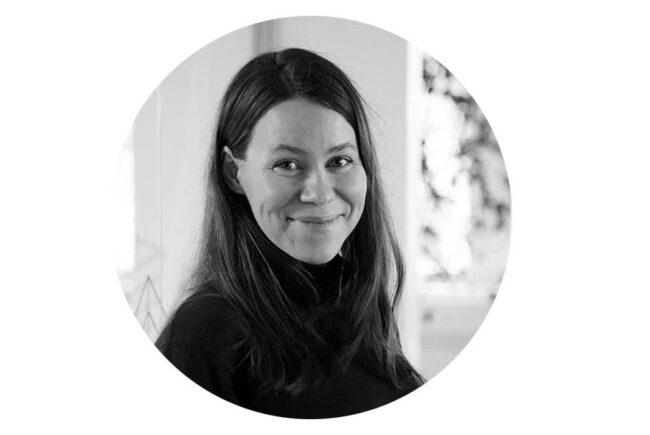

Amid societal and environmental threats, engaging in learning might lose its priority. It is important to keep asking what education can and should offer us. The text is an editorial written for issue 1/2022 on Engaging and Re-engaging.
In this spring issue, we wanted to explore engaging and re-engaging adult learners ‒ in connection with the (hopefully) slowly waning pandemic but also on a more general level.
For the past two years, many of us have struggled with our motivation to learn. People might have been laid off work, priorities could have shifted, and attending education might have moved down on the list of priorities.
It is obvious that these years have been disproportionally rough on those already in vulnerable positions. One group of learners particularly affected by the pandemic are university students.
It is hard not feel deflated after reading Kätlin Armei, a Master’s student in Andragogy from Estonia, reporting from her experiences: “I have never before as a student felt so distracted, disconnected, and inefficient,” she writes.
There is as yet little data on participation rates in lifelong learning during the pandemic, but it is already clear that learners from marginalised communities in particular have been dropping out. Now, many adult educators across Europe worry that re-engaging these people will be hard.
WE ALSO WANTED to include people who are easily ignored when talking about continuing education and lifelong learning. One example are prison inmates who, in many countries, only have access to basic education and not beyond a middle school diploma.
Yet, as the three prison education experts interviewed in our article all highlight, engaging prisoners in meaningful education is the key to making a difference, not just for them but for the rest of the society, as well as the next generation.
Even with the pandemic fading, many of us might feel even more anxious than before.
It feels important to keep asking what education can offer when we are living through times of uncertainty and unrest.
As I write this, it has been over three weeks since Russia invaded Ukraine, and millions of refugees have already fled Ukraine. Across Europe, people are incredulous and shocked, fearful of what the future holds.
Climate change might not be as acute a threat as war, but it should be just as alarming.
The recent report by the UN’s Intergovernmental Panel on Climate Change (IPCC) tells in no uncertain terms that we have very little time to avert the worst impacts of global warming.
RIGHT NOW, IT FEELS important to keep asking what education can offer when we are living through times of uncertainty and unrest. Fear is not a good starting point for learning.
In this issue, our editorial board member Jón Torfi Jónasson writes about the most recent UNESCO report and its visionary – some might say utopian – message around reimagining education.
His interpretation of the report is that, as our world undergoes drastic changes and challenges, education needs a big wake-up call to be able to respond and follow up with the developments.
For me, the following sentence from the report stands out: “to shape peaceful, just, and sustainable futures, education itself must be transformed.”
If nothing else, one thing seems clear: there is work to be done.
Author







